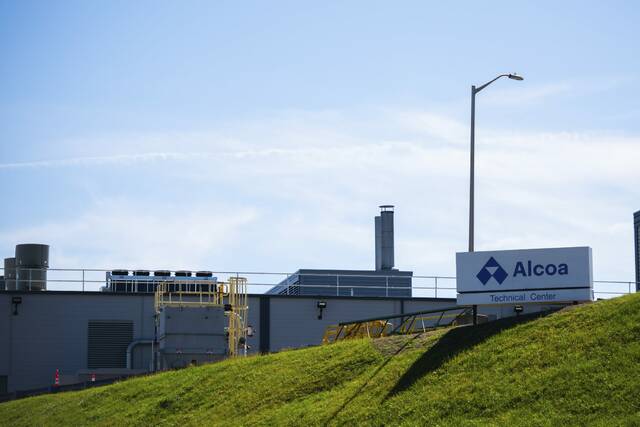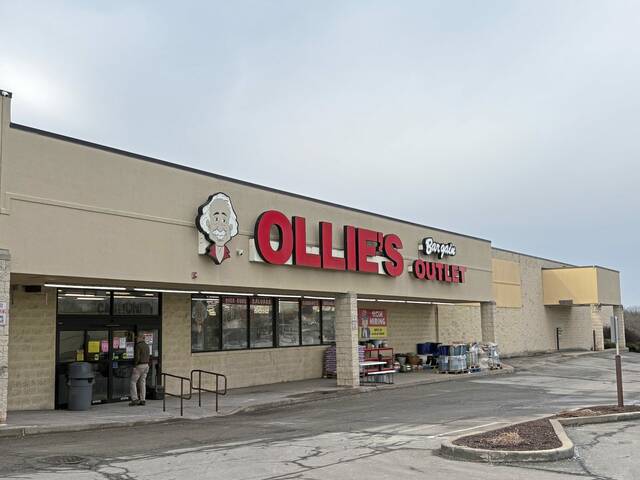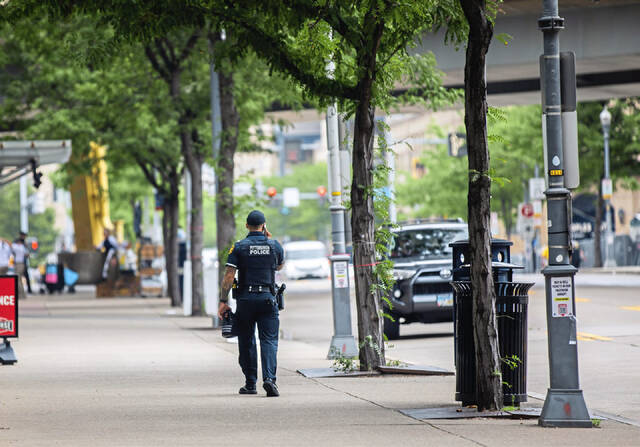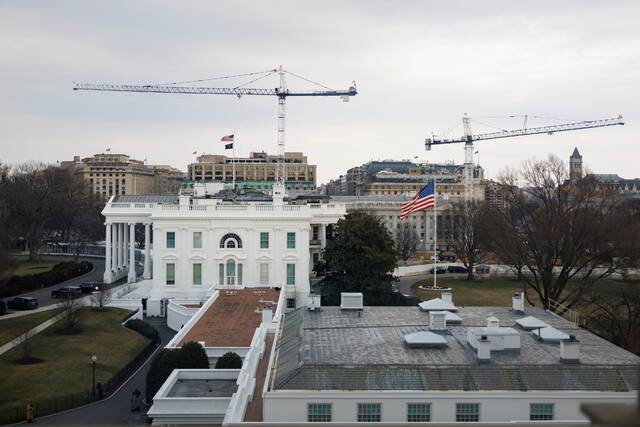Virgin Hyperloop announced last week that it will lay off more than 100 workers and shift its focus from passenger to freight service, according to The Financial Times.
The transportation company has been working to develop technology that would send large pods through vacuum-seal tubes at speeds exceeding 500 mph.
Pittsburgh was one of several cities on a proposed hyperloop route to Chicago via Columbus that Virgin was working on.
The Mid-Ohio Regional Planning Commission completed a study in 2020 that deemed a Pittsburgh-Columbus-Chicago hyperloop route feasible, with passengers traveling along the route in about 56 minutes at a cost of $93.
The commission’s Thea J. Ewing acknowledged that the Ohio group is following Virgin Hyperloop and shifting its focus towards freight and away from passengers.
“Central Ohio is a significant market for freight movement in the Midwest,” Ewing said in a statement. “At this time, (the commission) is still working with Virgin Hyperloop to learn more about their technology’s application in freight movement.”
Hyperloop has received criticism from its inception. The technology is largely based on an idea from billionaire Elon Musk, who wrote a paper in 2013 calling to incorporate magnetic levitation into the idea of traveling in vacuum-sealed tubes. Many transportation-sector experts have called it a distraction from existing transit methods that could be started and expanded in the United States, such as high-speed rail.
Virgin Hyperloop was the first company to run tests with human passengers. In November 2020, test pods carrying two passengers traveled 100 mph over a 500-meter track. Unmanned pods have reached 240 mph, which is still far below the suggested top speeds of more than 700 mph. Virgin officials told The Verge in 2017 that hyperloop would be working around the globe by 2020, only to continually push back that date.
No hyperloops are currently running in a commercial capacity, only at test facilities.
Regardless, local groups, foundations and state governments have invested funds in the technology, including Pennsylvania.
Pennsylvania was part of its own hyperloop push around the same time as Ohio. State legislators passed a bill in October 2018 to provide funding for a report to determine any benefits, economic or otherwise, hyperloop might have for Pennsylvania.
The Pennsylvania Turnpike Commission completed its report on hyperloop in 2020, looking at the possibilities of connecting Pittsburgh to Philadelphia, as well as to Allentown and on to New York City, with hyperloop routes. Turnpike Commission Chief Technology Officer Bob Taylor said the report cost $400,000.
The report concluded that hyperloop in Pennsylvania was not anticipated in the foreseeable future because of substantial impediments, including a lack of technical readiness and regulatory structure; an uncompelling business case; insufficient private sector funding and risk appetite; and a lack of federal and state funding.
“Despite the current challenges noted, the study suggested that both PennDOT and the Commission proactively monitor this transformational technology due to the potential economic impacts,” Taylor said Taylor.
“Pennsylvania needs to be part of the conversation should studies linking Chicago to Pittsburgh progress,” he added. “We continue to do that and are aware of changes occurring at Virgin Hyperloop as well as other changes in this developing technology.”
Pittsburgh was also proposed for another hyperloop route from Pittsburgh to Chicago, but this one traveling through Cleveland. Hyperloop Transportation Technologies is working on that route with Northeast Ohio Areawide Coordinating Agency.
Hyperloop TT is still bullish on that route. Hyperloop routes were made eligible for federal funding in the $1.2 trillion infrastructure law, and Hyperloop TT’s CEO said the environmental studies, preconstruction work and other aspects of the Pittsburgh-Cleveland-Chicago route could be funded with federal money.
“Building our hyperloop system in the U.S. just got a lot easier,” said Hyperloop TT CEO Andrés de León in a November 2021 news release.
However, it is unclear if Hyperloop TT has run tests with human passengers at its test track in France.








